-
Greater faculty mentor brilliance beliefs predict lower science identity in first-generation college student researchers
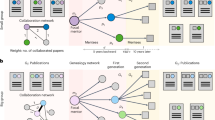
Abstract Students who are the first in their family to go to college represent an essential pool of STEM talent, yet they are often underrepresented in STEM fields. In this study, we examined how faculty research mentors’ beliefs about whether brilliance is required for success (brilliance beliefs) shape students’ beliefs about who is allowed to…
-
Diversity-aware population modeling
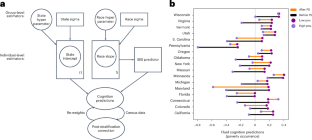
We propose a diversity-aware population modeling framework using Bayesian multilevel regression and post-stratification to quantify sociodemographic disparities in cognitive development. Our approach improved subgroup estimates, guiding targeted public health strategies and addressing biases in traditional models to support more equitable decision-making. This is a preview of subscription content, access via your institution Access options Access…
-
How ‘animal methods bias’ is affecting research careers
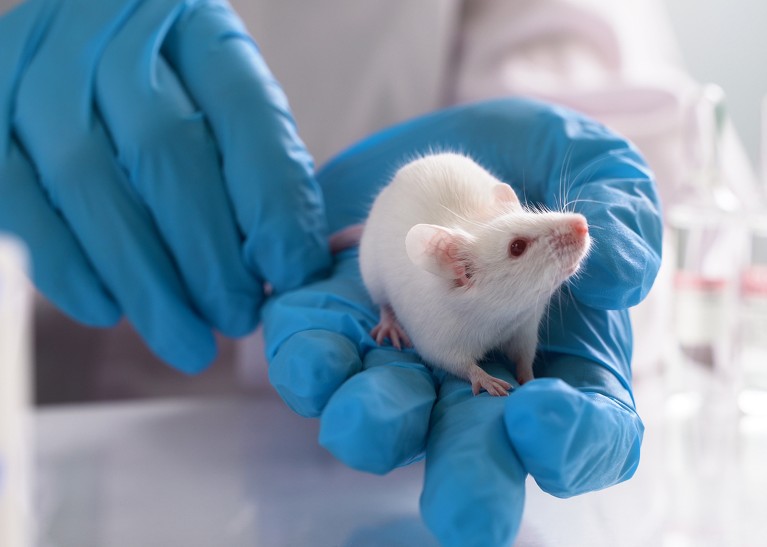
Animals do not always need to be used in preclinical studies.Credit: Evgenyi Eg / Getty While Catharine Krebs was working in a human-genetics laboratory during her PhD at the University of California, Los Angeles, there was a line that she got used to seeing at the end of papers: “These findings will need to be…
-
Trump team ‘survey’ sent to overseas researchers prompts foreign-interference fears
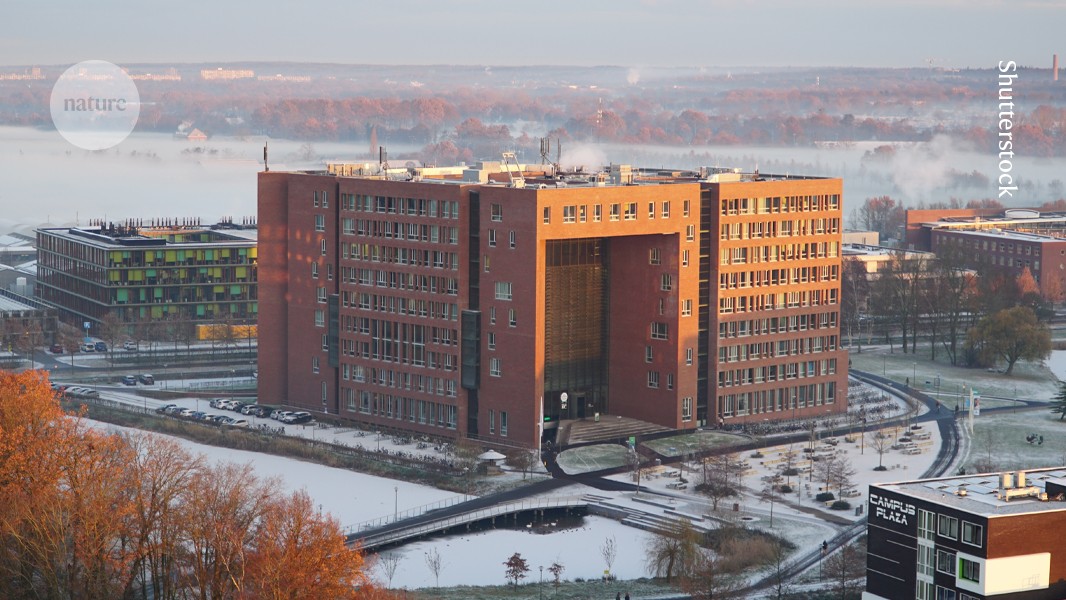
A growing number of researchers in Australia, the European Union, the United Kingdom and Canada who receive US funding have been asked to declare their institution’s links to China and whether their projects comply with US government ideology. Associations representing universities in these regions say this threatens academic freedom and undermines scientific advancement. Did you…
-
What to Expect at “Laser Taylor Swift” at the Denver Museum of Nature & Science
Audio By Carbonatix [ { “name”: “GPT – Billboard – Slot Inline – Content – Labeled – No Desktop”, “component”: “23668565”, “insertPoint”: “2”, “requiredCountToDisplay”: “2” },{ “name”: “STN Player – Float – Mobile Only “, “component”: “23853568”, “insertPoint”: “2”, “requiredCountToDisplay”: “2” },{ “name”: “Editor Picks”, “component”: “17242653”, “insertPoint”: “4”, “requiredCountToDisplay”: “1” },{ “name”: “Inline Links”,…
-
Tiny satellite sets new record for secure quantum communication

Download the Nature Podcast 19 March 2025 In this episode: 00:46 Microsatellite makes messaging secure A tiny satellite has enabled quantum-encrypted information to be sent between China and South Africa, the farthest distance yet achieved for quantum communication. Using a laser-based system, a team in the city of Hefei was able to beam a ‘secret…
-
Tiny satellite sets new record for secure quantum communication
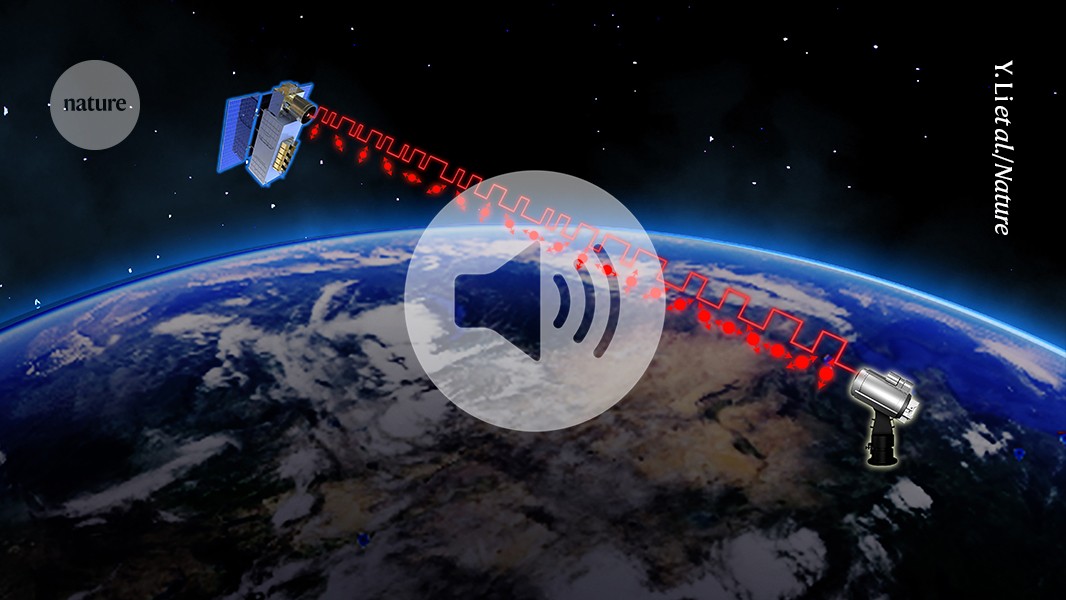
Download the Nature Podcast 19 March 2025 In this episode: 00:46 Microsatellite makes messaging secure A tiny satellite has enabled quantum-encrypted information to be sent between China and South Africa, the farthest distance yet achieved for quantum communication. Using a laser-based system, a team in the city of Hefei was able to beam a ‘secret…
-
Nearfield control over magnetic light-matter interactions
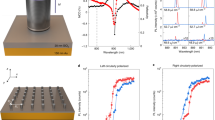
Abstract Light-matter interactions are frequently perceived as predominantly influenced by the electric field, with the magnetic component of light often overlooked. Nonetheless, the magnetic field plays a pivotal role in various optical processes, including chiral light-matter interactions, photon-avalanching, and forbidden photochemistry, underscoring the significance of manipulating magnetic processes in optical phenomena. Here, we explore the…
-
AI could soon tackle projects that take humans weeks

A new metric assesses the progress of AI models.Credit: Adapted from Jonathan Raa/NurPhoto/Getty Today’s artificial intelligence (AI) systems can’t beat humans on long tasks, but they’re improving at a rapid pace and could close the gap sooner than many anticipated, according to an analysis of leading models1. METR, a non-profit organization in Berkeley, California, created…
-
Nature or nurture? The science of “Sociogenomics” says both
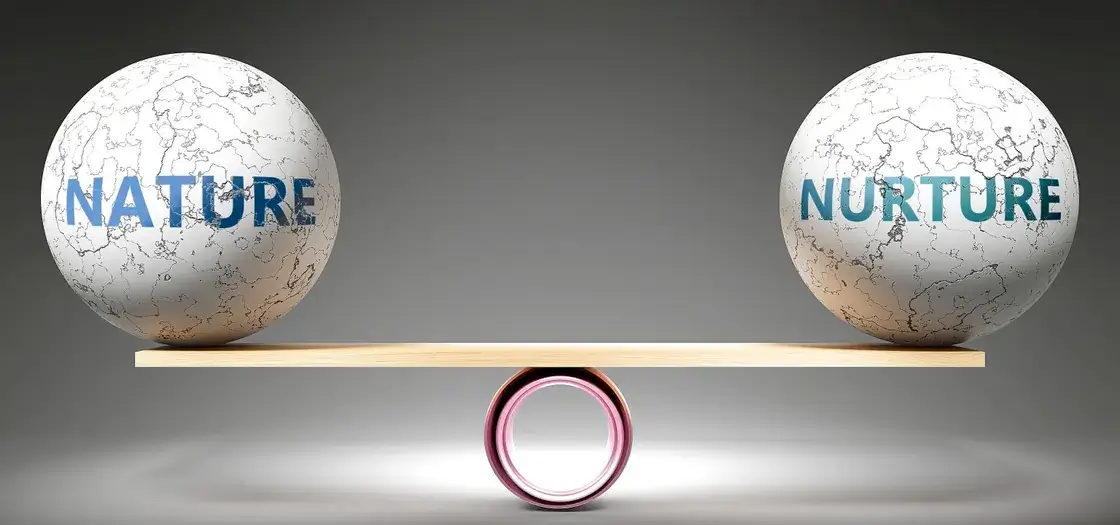
“How did she get to be such a good sprinter?” Another parent may ask you about your child. You might respond, laughing, “She didn’t get those genes from us!” Another parent, about their own talented kid, might say, “I did cross-country in college, and my husband did sprinting in high school!” In philosophy, theology, psychology,…